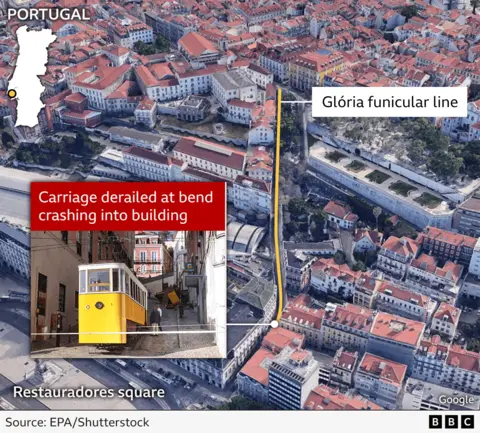The cut, which occurred on Monday, resulted in a sudden loss of 15GW of power—approximately 60% of the country's demand at that time—within a mere five seconds, prompting a chaotic reaction across the region. Prime Minister Pedro Sánchez has assured that efforts are on to identify the cause to prevent future occurrences.
Experts have raised various theories on the potential reasons behind the blackout. Notably, some speculation centered around a possible tie to renewable energy sources, particularly due to significant power disconnection occurrences in southwestern Spain, an area known for its solar energy generation. Yet, Sánchez dismissed excessive renewables as a factor, stating that the supply remained reliable with demand at normal levels.
Investigations continue as experts highlight that system failures in power supply, including those involving renewable sources, are not uncommon. The frequency of the electricity grid can fluctuate based on the supply-demand balance, risking potential equipment damage if it moves out of an acceptable range. Consequently, grid operators often disengage from the system to protect their infrastructure, which can lead to cascading outages if multiple companies disconnect simultaneously.
Another angle explored in the investigations is the interconnection between Spain and France. The power drop may have triggered a trip in this connectivity, and while the infrastructure utilized is deemed well-tested, the Iberian peninsula's limited connections can render it vulnerable to disruptions.
Finally, claims regarding a rare atmospheric event causing oscillations in high-voltage lines have surfaced, although Portugal’s grid operator denied releasing such information. As the investigation unfolds, Spanish authorities remain committed to understanding not only the cause but also the measures needed to bolster the resilience of their electricity network against future failures.
Experts have raised various theories on the potential reasons behind the blackout. Notably, some speculation centered around a possible tie to renewable energy sources, particularly due to significant power disconnection occurrences in southwestern Spain, an area known for its solar energy generation. Yet, Sánchez dismissed excessive renewables as a factor, stating that the supply remained reliable with demand at normal levels.
Investigations continue as experts highlight that system failures in power supply, including those involving renewable sources, are not uncommon. The frequency of the electricity grid can fluctuate based on the supply-demand balance, risking potential equipment damage if it moves out of an acceptable range. Consequently, grid operators often disengage from the system to protect their infrastructure, which can lead to cascading outages if multiple companies disconnect simultaneously.
Another angle explored in the investigations is the interconnection between Spain and France. The power drop may have triggered a trip in this connectivity, and while the infrastructure utilized is deemed well-tested, the Iberian peninsula's limited connections can render it vulnerable to disruptions.
Finally, claims regarding a rare atmospheric event causing oscillations in high-voltage lines have surfaced, although Portugal’s grid operator denied releasing such information. As the investigation unfolds, Spanish authorities remain committed to understanding not only the cause but also the measures needed to bolster the resilience of their electricity network against future failures.




















